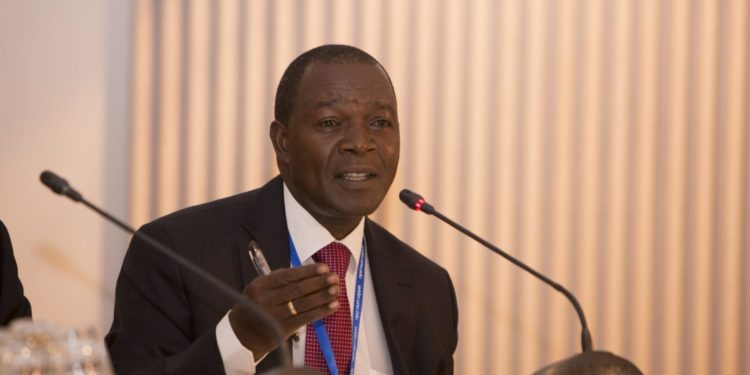The Finance and Planning Committee of the National Assembly has urgently summoned Treasury Cabinet Secretary Njuguna Ndung’u to address the imminent auction of prime Uchumi Supermarkets’ land on Langata Road.
The land, valued significantly higher than the KES 162.0 million debt owed to United Bank of Africa (UBA), is at the center of a controversy that has garnered the attention of lawmakers.
A recent High Court ruling authorized UBA Bank to proceed with the auction of the financially struggling Uchumi Supermarkets’ land. This decision was made following the retailer’s failure to settle its debts with secured creditors, despite a Company Voluntary Agreement struck three years ago. Concerns about the potential loss of a valuable public asset for a fraction of its worth have arisen due to the impending auction.
Committee Chair Molo MP Kuria Kimani expressed concern over the Treasury’s apparent lack of intervention in the matter, given its stake in Uchumi Supermarkets. The inquiry was initiated by Soy MP David Kiplagat, demanding an explanation for the looming auction.
Keses MP Julius Ruto criticized the Treasury’s attitude towards the issue, emphasizing the need to safeguard public interests in such significant financial matters. The committee’s vice chairperson, Ainamoi MP Benjamin Lang’at, echoed these sentiments and insisted on the presence of CS Ndung’u and Principal Secretary Chris Kiptoo at the next meeting.
The Treasury, originally scheduled to discuss the issue, sent Albert Mwenda, the director-general for Budget, Fiscal, and Economic Affairs, as a representative. However, the committee rejected this representation, insisting on the attendance of higher-ranking officials due to the seriousness of the matter. They expressed frustration over the Treasury’s last-minute postponement of the meeting, citing it as a waste of resources.
The impending auction raises critical questions about the management of public investments and the government’s role in protecting such assets. UBA Bank had previously shelved plans to auction the property after the government expressed interest in acquiring the land, but this plan never materialized, leading to the revival of the auction process.
As the situation unfolds, the focus is on the Treasury’s next steps and how it plans to address the mounting debt crisis while safeguarding public assets. The outcome of this case could set a precedent for handling similar situations involving public investments in the future.












